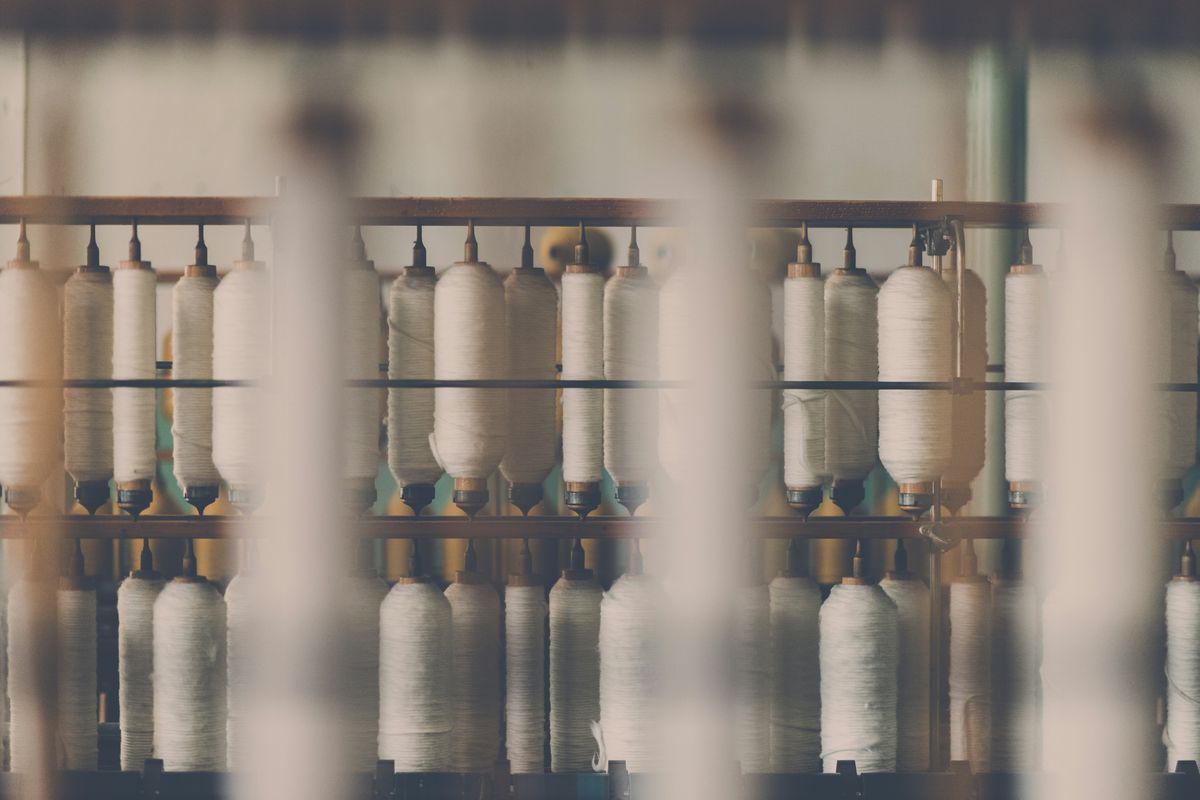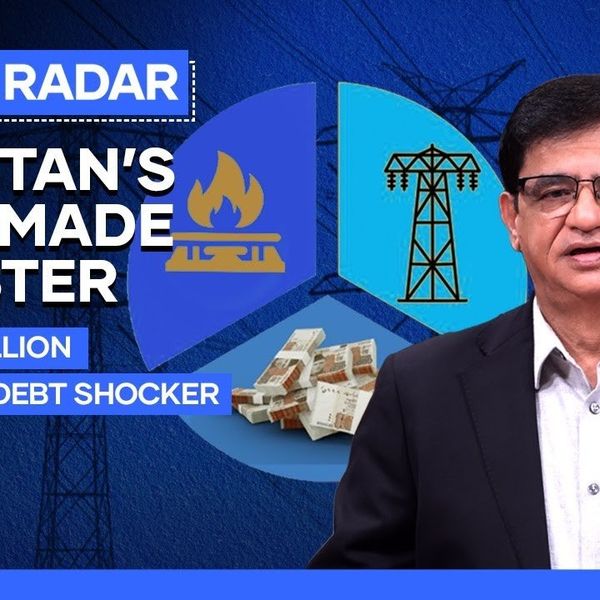Pakistan’s textile millers seek restoration of sales tax exemption for export manufacturing
APTMA urgent government intervention amid rising energy costs and regulatory challenges

Javed Mirza
Correspondent
Javed Iqbal Mirza is an experienced journalist with over a decade of expertise in business reporting, news analysis, and investigative journalism. His work spans breaking news, editorial pieces, and in-depth interviews.

The All Pakistan Textile Mills Association (APTMA) has appealed to the Ministry of Finance to restore the sales tax exemption or zero-rating on local supplies for export manufacturing.
In a letter to Finance Minister Muhammad Aurangzeb, APTMA emphasized the need to urgently discuss this issue with the IMF to secure an exemption that would allow zero-rating on local supplies under the Export Facilitation Scheme (EFS), providing a level playing field with imports.
Following the removal of the zero-rating on local supplies under EFS, domestically procured inputs for export manufacturing are subject to an 18% sales tax, while imports remain tax-free.
Although sales tax is refundable through the FASTER system, significant delays have forced many manufacturers to rely more on imported inputs. Currently, only PKR 8-11 billion in refunds are processed monthly out of the PKR 35 billion due, with PKR 27 billion held by the FBR that could generate significant capital.
APTMA also raised concerns about the misuse of EFS, where fraudulent imports of yarn meant for export manufacturing are being sold for domestic production, harming the local industry.
The association suggested a thorough reappraisal of all EFS licensees, limiting licenses to firms engaged in manufacturing, and reducing the period allowed for reconciliation of imports and exports.
The textile industry is struggling with high energy costs compared to regional and global competitors. Electricity tariffs for industrial consumers in Pakistan are between 14 to 16 cents per kWh, much higher than in India, Bangladesh, and Vietnam, which is around 6 to 8 cents per kWh.
APTMA mentioned the reduction of cross-subsidies in industrial tariffs in July 2024 was not enough to make energy costs competitive.
Similarly, industrial gas prices have surged to $13/MMBtu, significantly higher than in Uzbekistan, China, and Bangladesh.
Inefficiencies in the RLNG tariff, including subsidies to the fertilizer sector, have added financial pressure on RLNG consumers.
Energy accounts for a large portion of conversion costs in the textile value chain, making it impossible to compete internationally with such high costs.
The IMF’s benchmark requiring the elimination of captive power plants by January 2025 and the disconnection of gas supply are further worsening the crisis.
APTMA expressed concerns about the recent actions by the FBR against textile sector entities, citing flawed analyses of input tax to sales ratios and unwarranted arrests of business owners and professionals. This environment of excessive and unlawful notices from tax officials is discouraging for the business community.
APTMA urged the ministry to address these pressing issues urgently to prevent further damage to the textile sector, which is crucial to Pakistan’s economy.










Comments
See what people are discussing